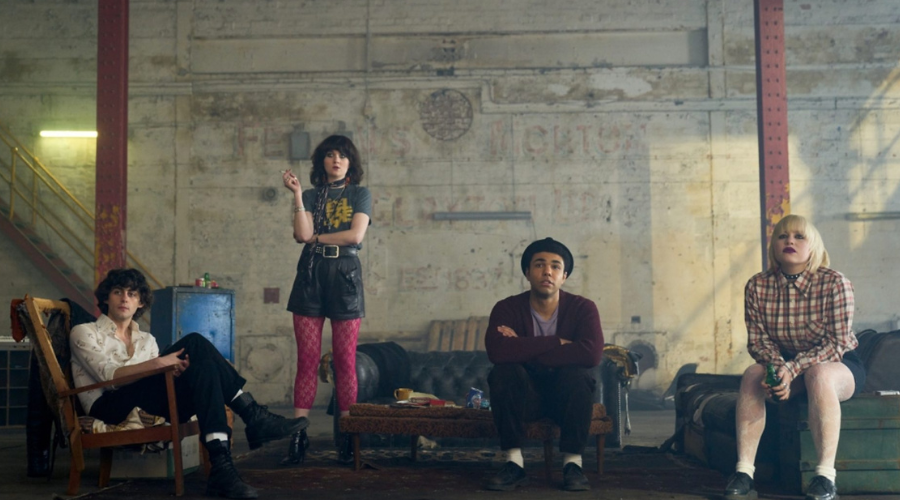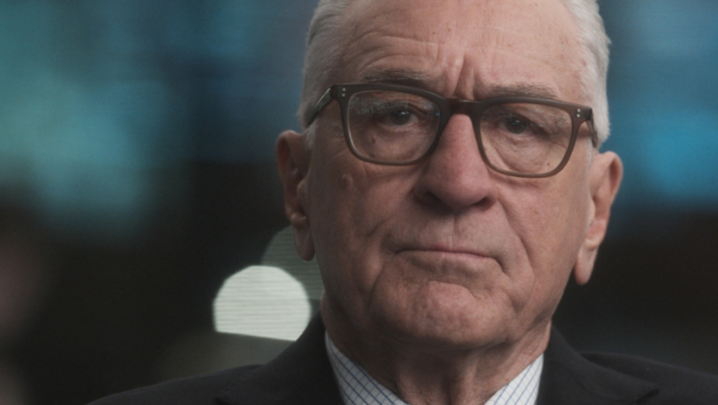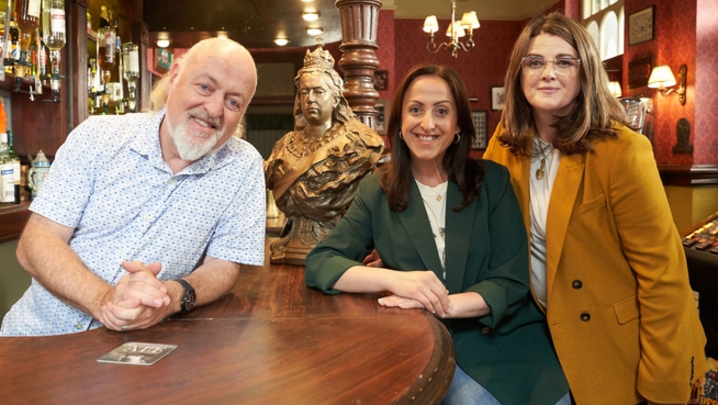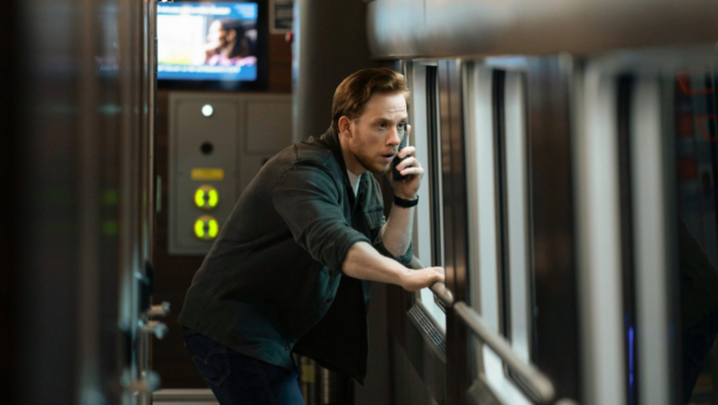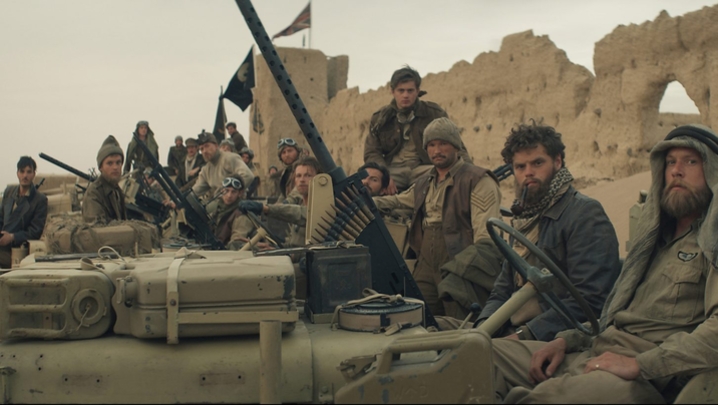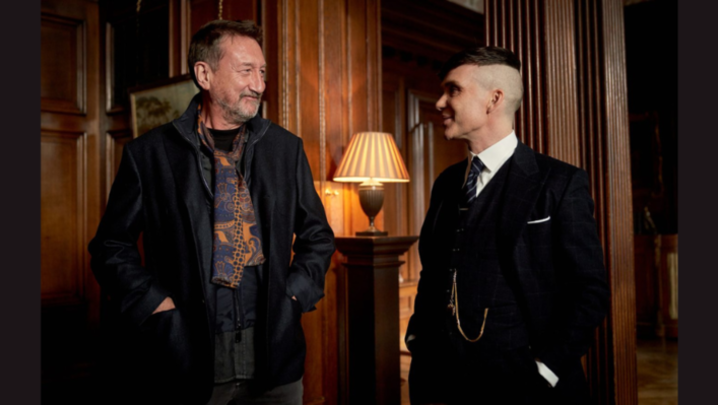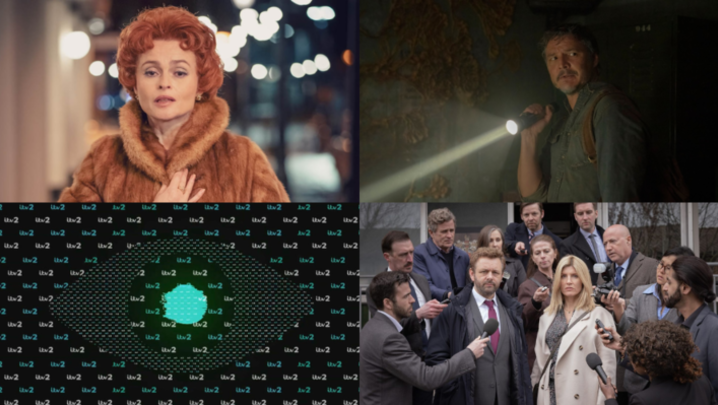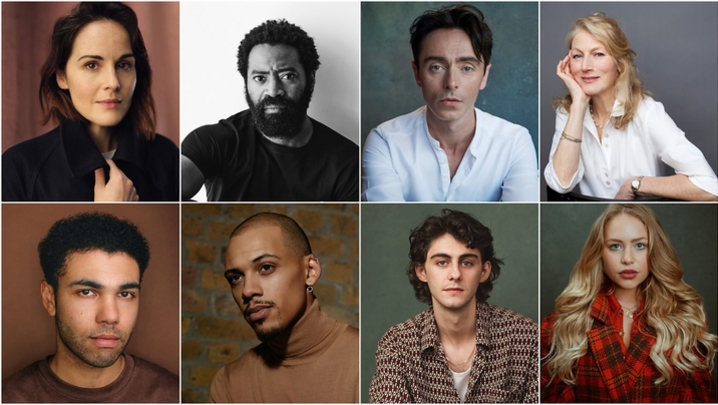In the 1990s, Ben Yeates wanted to be a painter. She was in Paris visiting the art galleries – her first time abroad, having scrimped and saved from her job as a bus conductor – when she phoned home. Back in Dublin, offers had arrived from multiple art schools. There was something else, though, muddying the waters: she also had the opportunity to go to film school.
Yeates only interviewed for the film course at Dún Laoghaire College of Art and Design [now part of Dún Laoghaire Institute of Art, Design and Technology] as a way to deal with shyness, on the suggestion of her head of year.
“And I loved the interview,” she tells me over Zoom, elaborating with what I quickly learn is trademark straightforwardness: “I liked the panel.”
So it came to pass that she went to Dún Laoghaire. It would take two years studying lighting and cinematography before she happened to step foot into an editing suite, beginning a career spanning decades. Her film work includes classics like The Full Monty, Notting Hill and Braveheart. On the TV front, she’s helped cut The Crown, The English and underrated gem Master of None.
This year, she was nominated in the Editing – Scripted category at the RTS Craft & Design Awards 2024 for her work on This Town. The drama follows a group of young people trying (and failing) to stay out of trouble in 1980s Birmingham and Coventry. What gets them through is the loud, cutthroat music scene. Unfortunately, one of the things getting them into scrapes is the loud, cutthroat music scene.
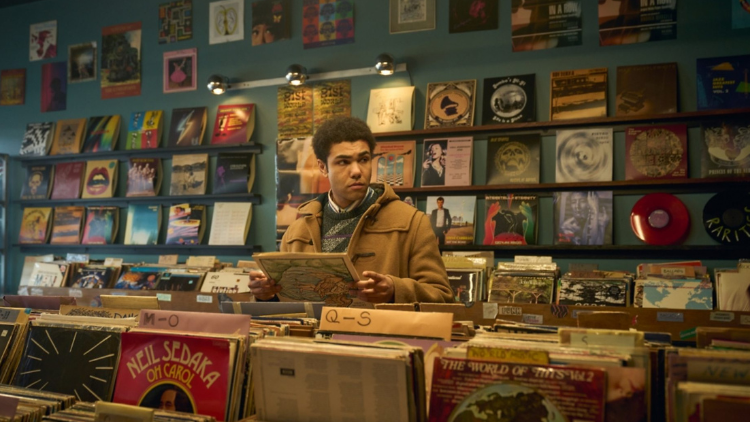
As supervising editor, Yeates was involved in the completion of the ‘offline’, or rough assembly, for five of the six episodes. It’s here that major creative decisions are made on structure, pacing and tone, before more precise final touches are applied during ‘online editing’. In that department, Yeates took the reins for the first, third and final episode. That made her responsible not only for bringing the audience into the world of This Town, but also guiding them back out again.
Anyone who’s seen the show will know this is no mean feat. Like anything written and directed by Peaky Blinders creator Steven Knight, This Town doesn’t do things by half measures. It takes viewers by the hand and yanks them into stories of riots, IRA terrorism and clashes between skinheads and ethnically diverse football hooligan firms. Oh, and poetry.
In amongst the brawling is Dante Williams (Levi Brown), a sensitive soul who finds himself in a not-so-sensitive environment. Writing is more his speed, and he soon finds himself trying to form a band with fellow West Midlanders Bardon (Ben Rose) and Fiona (Freya Parks).
What Yeates needed to make clear in the edit, then, was a world of contrasts. The first episode starts with not one, but two riots. Where Dante stumbles into his – and ends up with a nasty scar, courtesy of a police baton – his brother approaches in riot gear. Gregory (Jordan Bolger), the other Williams, is in Belfast. He’s either keeping the peace or safeguarding Britain’s imperial occupation of Ireland, depending on who you ask. Far from intimidated, he approaches the divide with unphased curiosity, often to the outrage of his superiors.
Here, Yeates needed to telegraph to the audience that Dante and Gregory were like chalk and cheese, despite being introduced in almost identical settings. First impressions count in storytelling, so the pressure was on. As you might expect for a show that revolves around music, sound editing proved vital.
“When we first go to Gregory in Belfast, we put the music in the ether,” Yeates explains. “We didn’t play it upfront: we floated that over the riots.”
“When Gregory’s beating the protestor, we really tried to make that feel real.”
Meanwhile, Dante’s experience of riots – including being chased by a police dog – features music much more prominently, teasing out how surreal this is for a well-behaved kid like him.
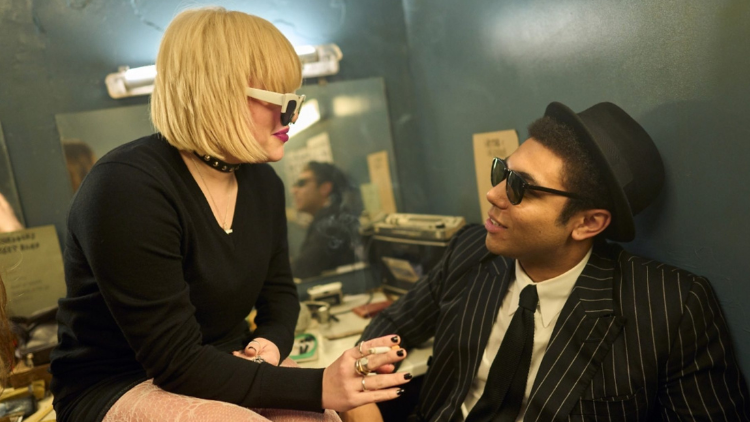
Stark differences sometimes needed to be telegraphed within scenes, as well as between them. The opening to episode one sees Dante gently recite poetry in voiceover, before being introduced to the much louder world of a riot. The transition occurs over one long, swooping shot, meaning Yeates and her team didn’t have the luxury of a cut to signpost the shift in tone. Instead of the visuals, they again focused on the audio.
“We sound designed that all in the suite, me and my two amazing assistants. We spent about a week just to get that opening, that was internal and about that character, and then once the police hit him, I gave myself licence to fire off. At that point, we brought in ska music and a load of energy.”
Once reality sinks in for Dante, alarm bells and police dogs accompany shouts and jeers. Before it shatters, a Molotov cocktail makes its way through the air with a satisfying swoop. Something is always happening, at the same time as about five other things, but the chaos is introduced at just the right pace. The turmoil contrasts with Dante’s quiet inner monologue, rather than jarring against it.
“And we got bolder and bolder and bolder as we went along,” Yeates says.
The opening to episode six cuts between Birmingham and Soho. Accordingly, the soundtrack lilts between “Papa Was a Rollin’ Stone” and “I Heard It Through the Grapevine”. Originally, there was just meant to be “Papa Was a Rollin’ Stone” playing. In the editing suite, however, it became clear that that wasn’t enough to tease out the difference between the two settings.
“I took an approach to use music to help tell the story and build the tension in. I worked with Kormac [the DJ and composer who worked on the music for This Town] for about a week or two, and we tried to find two tunes that could organically move in and out of each other. Then, he also gave me a score, so we used three different things for an opening sequence.”
“That was something that evolved through the process that I would not have thought of for episode one.”
Now that Yeates has laid out the show from opener to finale, there’s just one more question I have for her. Does she still paint?
“I still draw,” she says. “Not as much as I should, because I work too many hours. Every year, I think ‘I’m taking summer off and I’m gonna do some live drawing.’”
Until then, film and TV are lucky to have her to themselves.
Ben Yeates was nominated in the Editing – Scripted category at the RTS Craft & Design Awards 2024

